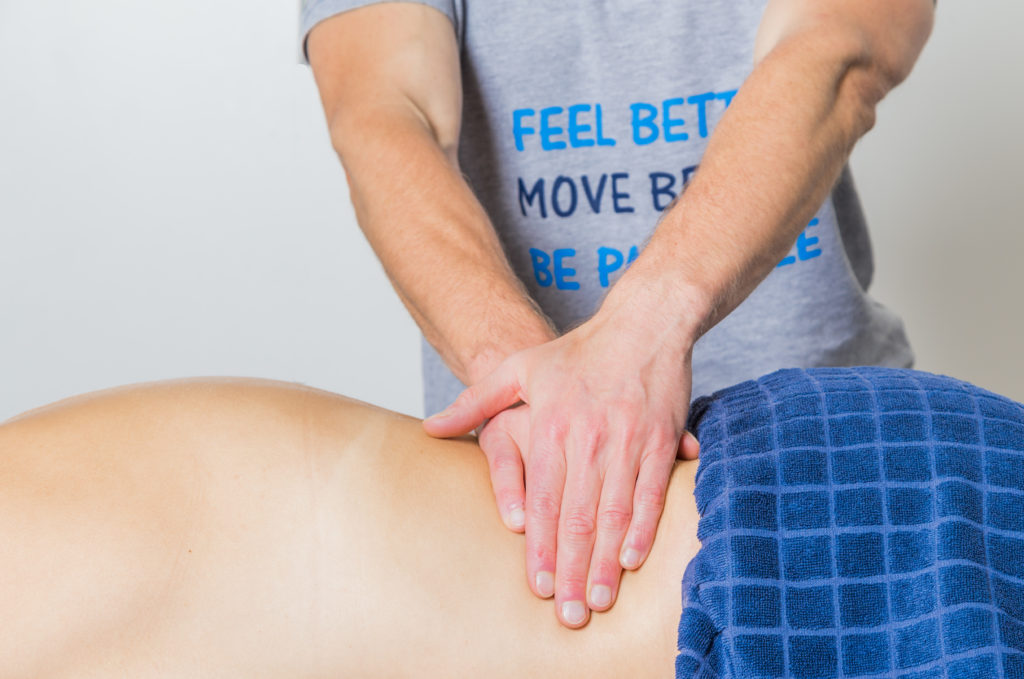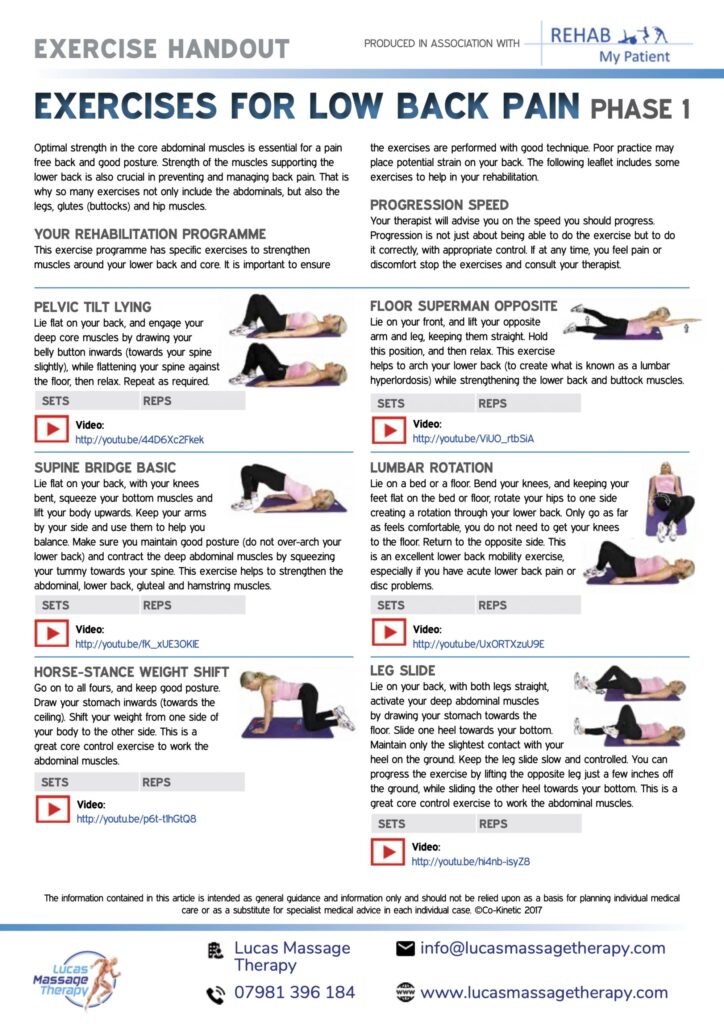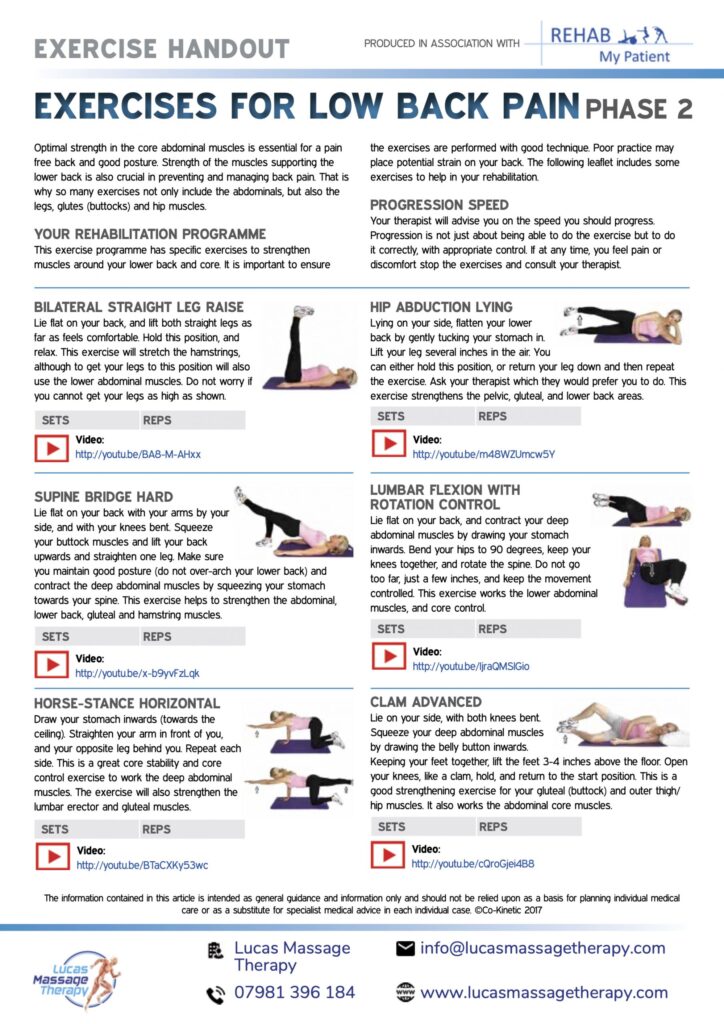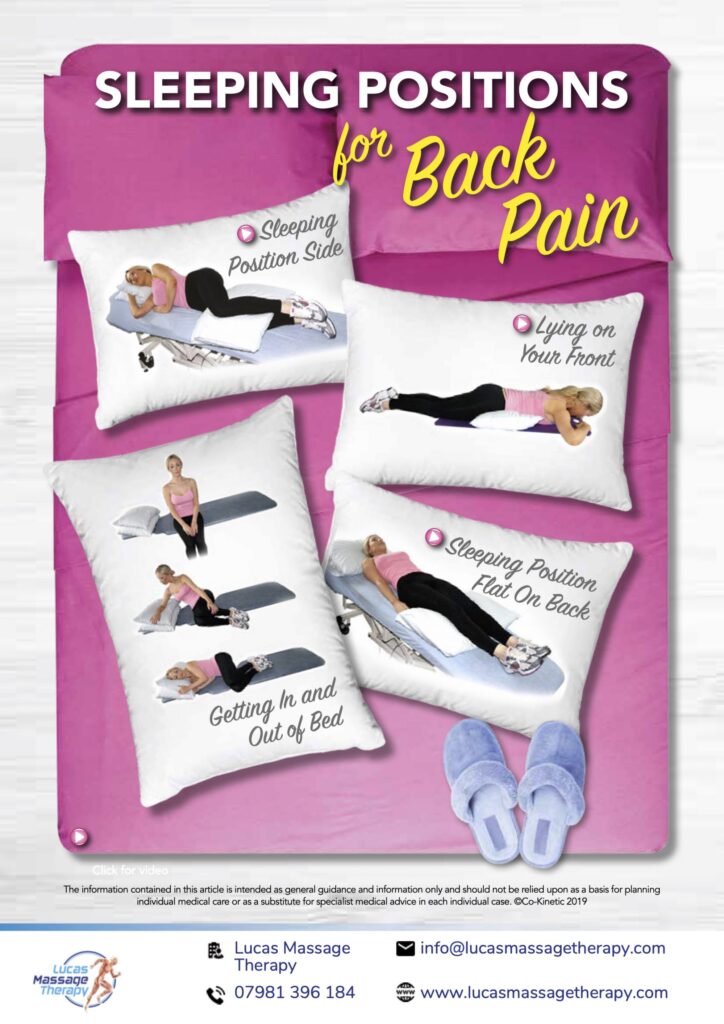Slipped disc. Discs are segments of connective tissue which separate the vertebrae of the spine. They allow for the smooth flexion of the neck and back without the vertebral bones rubbing against each other. They provide absorption from shock.
A slipped disc can also be called a prolapsed disc, herniated or ruptured. The results are when the intervertebral discs or shock-absorbing pads split or rupture. The discs have a jelly-like substance which seeps out into the surrounding tissues. It causes pressure on the spinal nerves and local inflammation. Sometimes the spinal cord exits the spinal canal. Slipped disc in back happen mostly in the lower back but any disc of the spine is vulnerable to rupture.
Cause of injury
Excessive strain. Trauma to the vertebral disc. Bad weights lifting technique.
Slipped disc symptoms
Pain in the neck or the back. Numbness, pain or tingling in the back, the buttocks, upper or lower limb.
Complications
Slipped discs need evaluation and medical care. The main symptoms could be because of other underlying ailments. They are tumours, fractures, infections or nerve damage.
Slipped disc treatment
Applying heat and ice. Good rest. The use of an anti-inflammatory diet and medication.
Rehabilitation and prevention
Limited activity and proper rest for a few days. Normal non-athletic daily activity could be resumed soon to avoid atrophy and restore mobility in the spine. Physical therapy might be used with massage and slowly increasing the back exercise when the pain has subsided. Flexibility exercises, strengthening, good warm-up avoidance of excessive or sudden weight lifting and focus on proper sports technique might help prevent the injury.
Long-term prognosis
If given proper recovery time disc injuries are resolved without surgery. Discs are vulnerable to re-injury, particularly for weight lifting. The athletes place demands on tendons, ligaments, and muscles of the back and on the spine itself. Though full restoration of mobility and strength may be anticipated.

Sports massage Watford for slipped disc, herniated disc, ruptured or prolapsed disc
Slipped disc treatment Watford
Sports massage provides substantial healing and pain relief for slipped discs. Slipped disc massage focuses on muscles including the quadratus lumborum, latissimus dorsi and erector spinae, located around the spine. Pain in the lower back can be caused by many different reasons. One of the reasons for lower back pain is muscle tightness. Sports massage Watford has lots of benefits for slipped disc in the back. It helps warm up muscles and increase blood and lymphatic circulation, encouraging more healthy nutrients to be passed around the body and more toxins to be removed.
A lower back massage uses a variety of different techniques to help treat a range of injuries. Our sports massage therapist at Lucas Massage Therapy in Watford uses lower back massage to help reduce pain, muscle tension and tightness from nerve compression, which can trigger pain in other parts.
Slipped disc exercises lower back



Lucas Massage Therapy also put together a newsletter looking at the topic of back pain and sleep more broadly. If you’d like to download a copy, you can do so at the following link.

